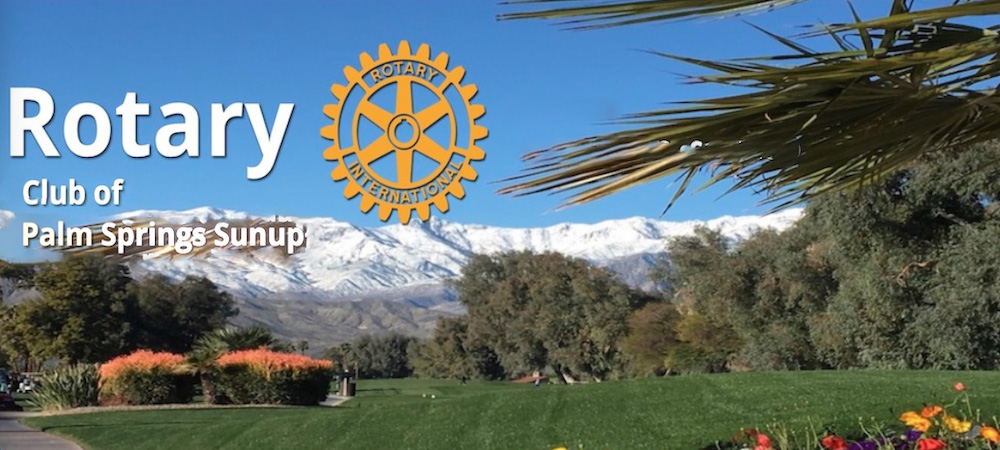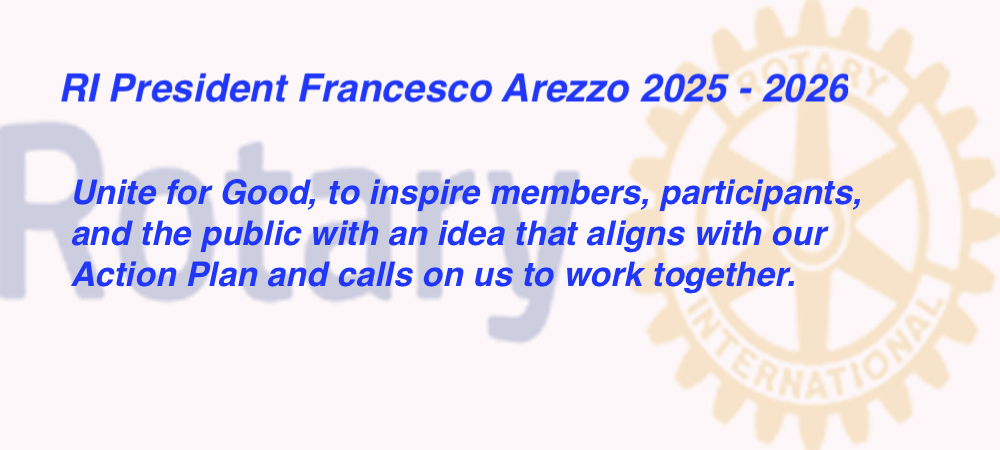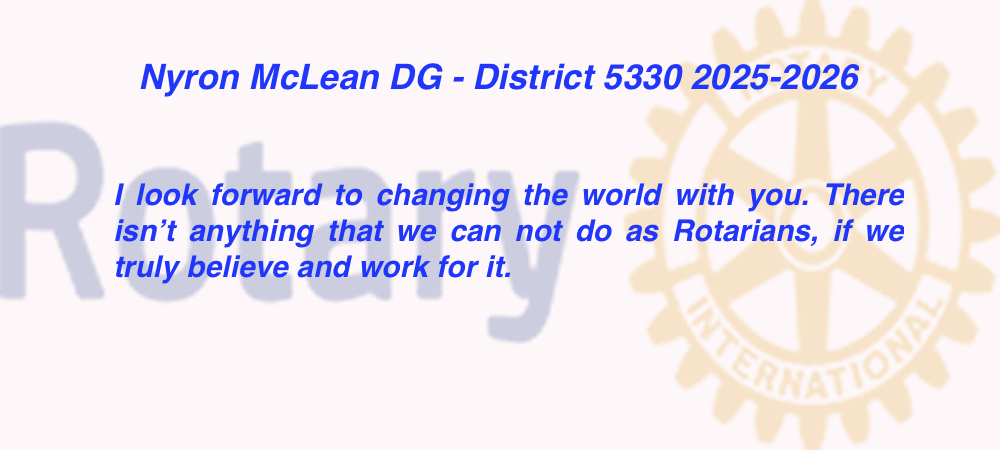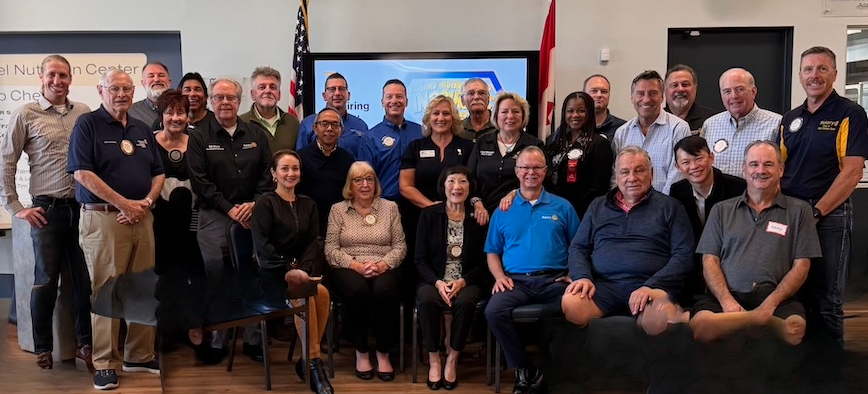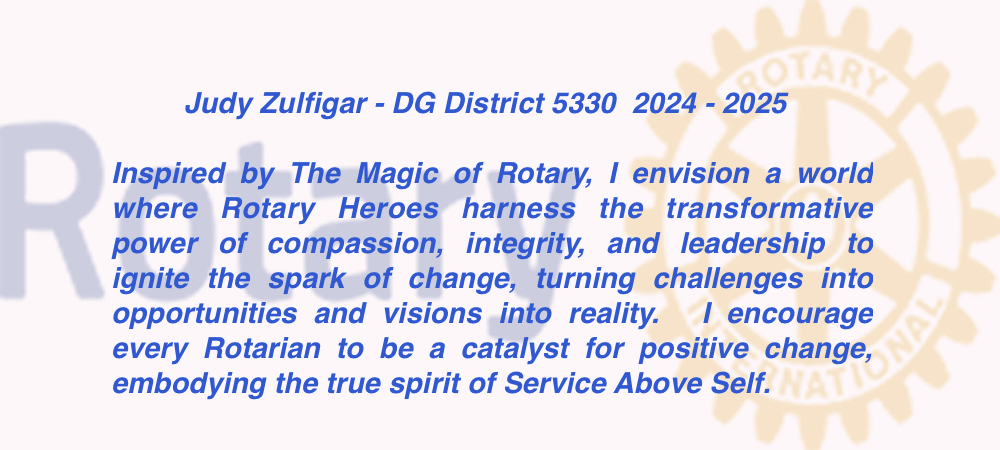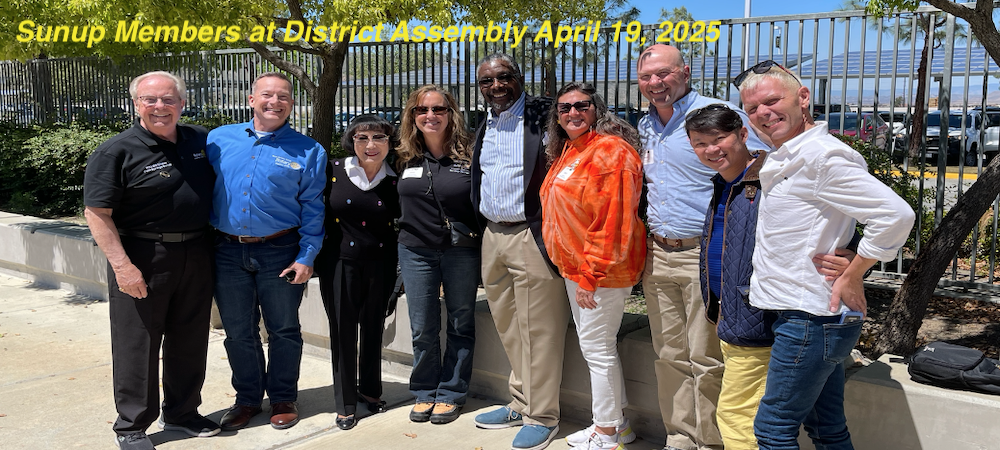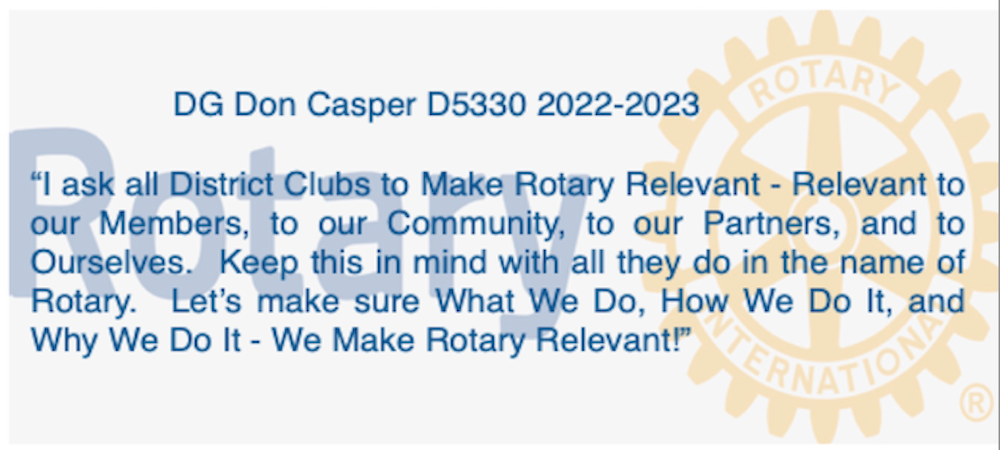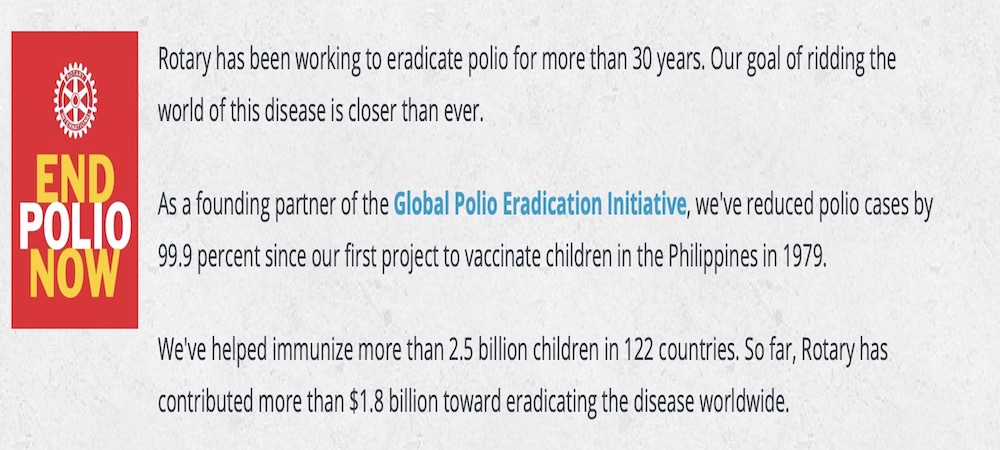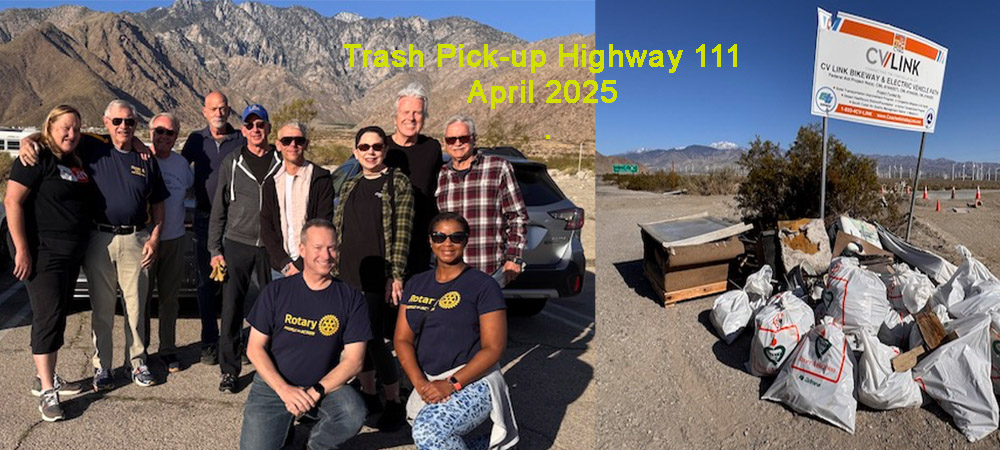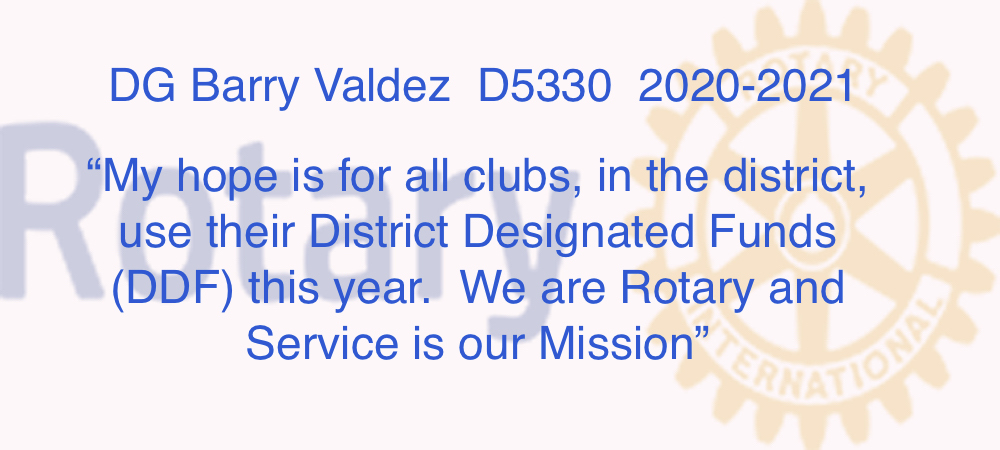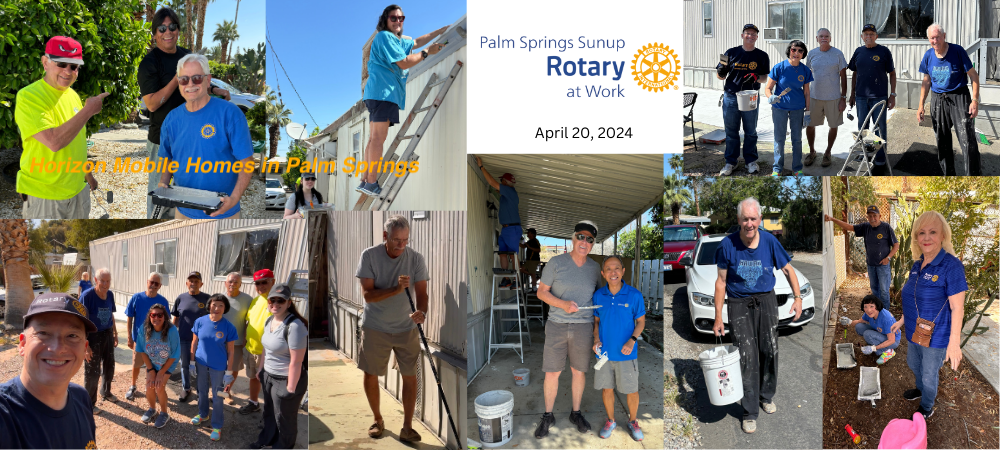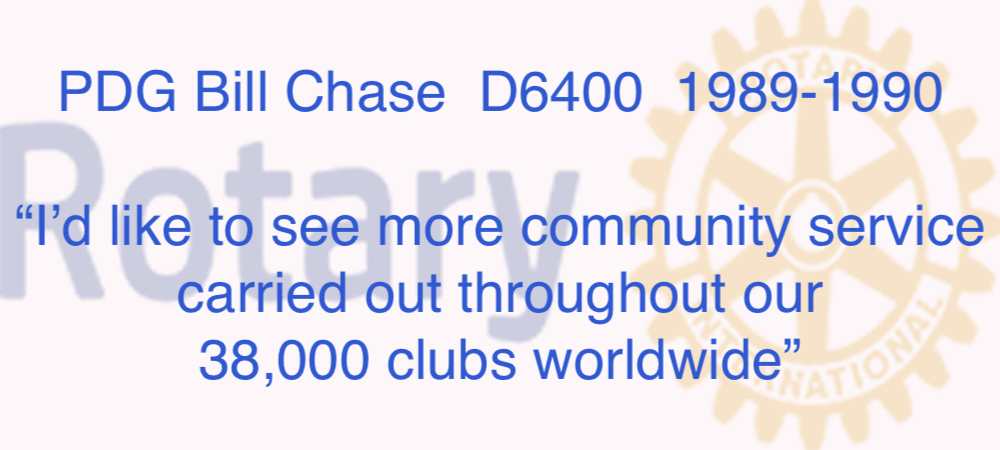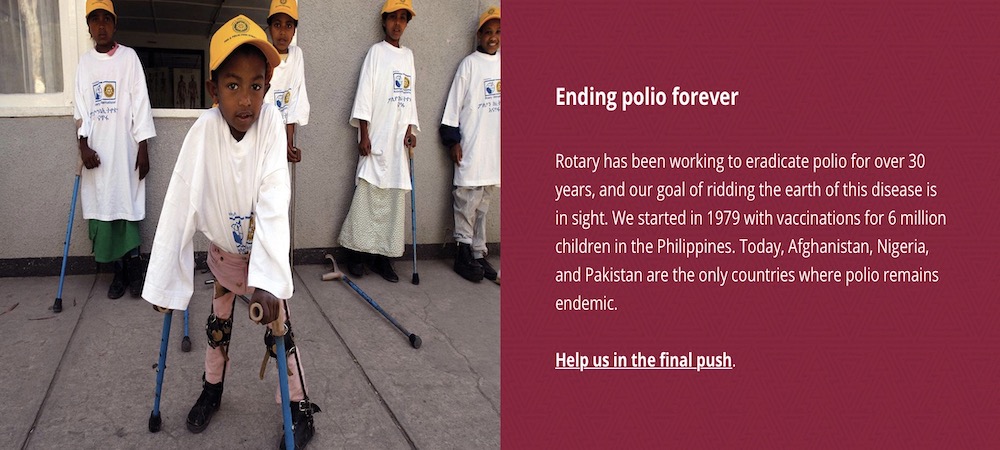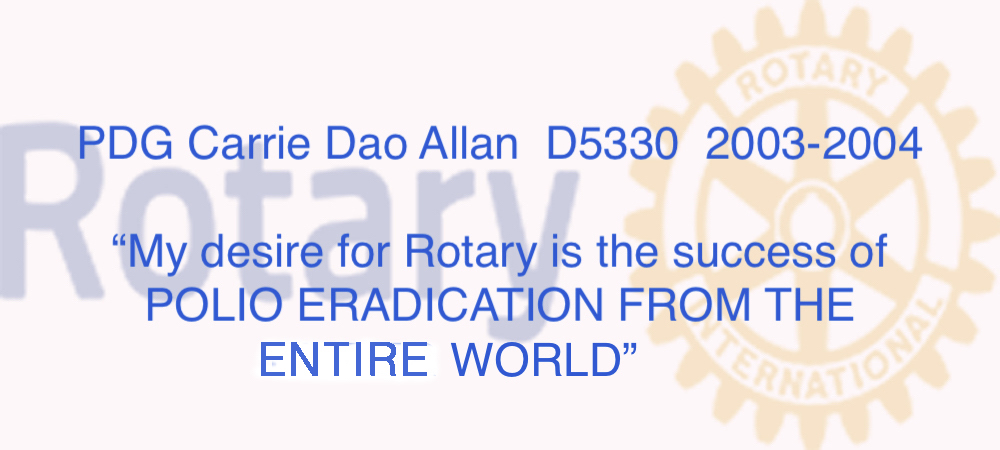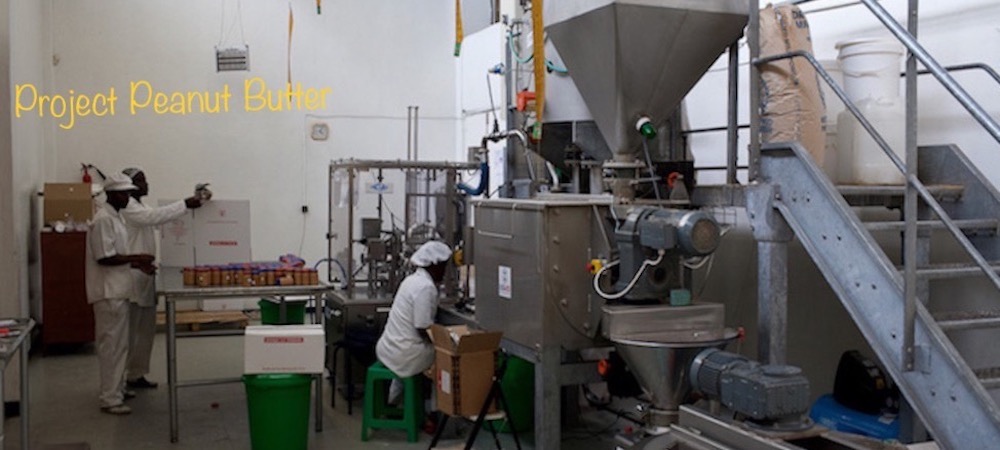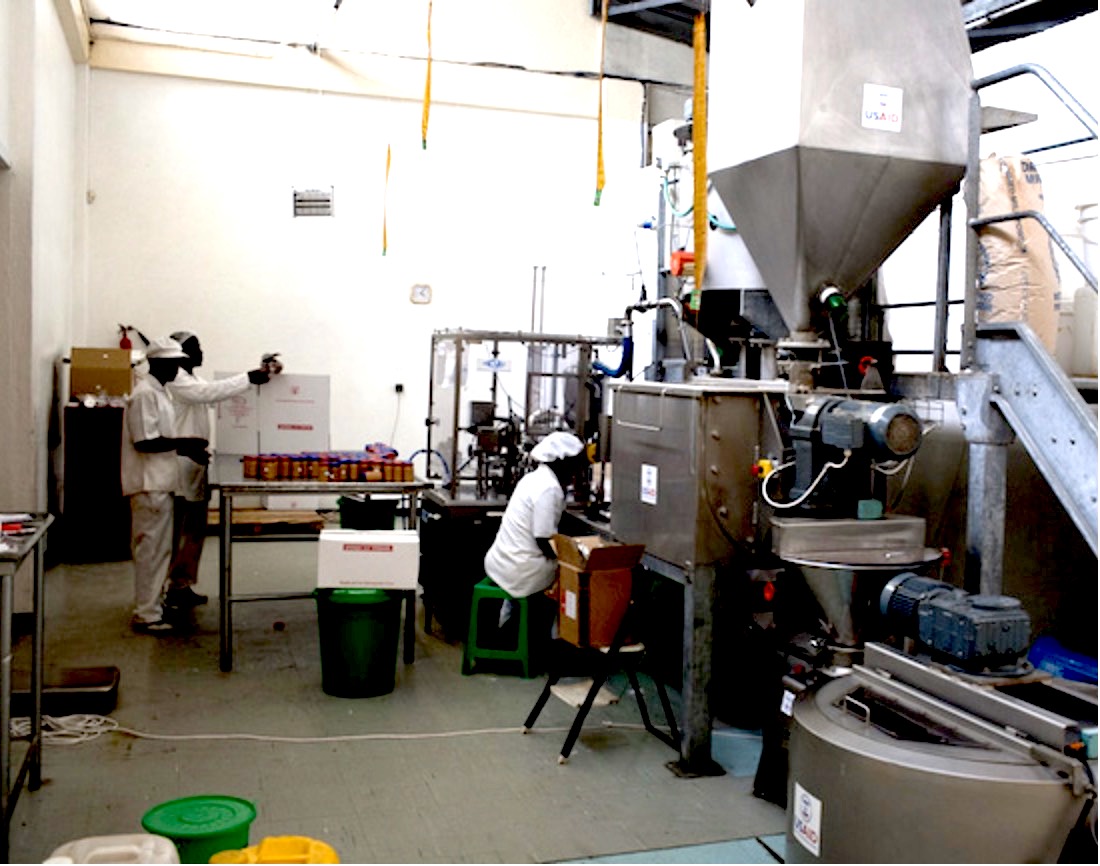
Across the world, Severe Acute Malnutrition (SAM) is the largest killer of children under five years of age, contributing to nearly half of all childhood deaths. Defined by a very low weight to height ratio, visible severe wasting, or by the presence of nutritional edema, an estimated 20 million children suffer from SAM, and malnutrition contributes to the death of more than 3 million children a year.
Severe acute malnutrition is hunger and starvation clinically defined: hunger and starvation for nutrients. Without proper treatment, the majority of children who survive live with major compromises to their health, as well as to their cognitive and physical capabilities.
For more information - click on the Project Peanut Butter tab on the top menu
Project Peanut Butter
By Dennis Spurgin, DC
Rational for working with NGOs that are on the ground in the country.
For a program to be sustainable it needs to be vertically and horizontally integrated within the local community. What does that mean? The programs that bring assistance from outside the community, without first establishing a structure inside the community, provide an effective short term service, however the needs will be unending. What needs to happen is for experts in every field of endeavor to educate and train locals and eventually have them develop the skills to become the local trainers.
Vertical integration: For the program to be sustainable it must involve multiple aspects of the community.
Horizontal integration: For a program to be sustainable it needs to be developed along with other programs that are working to meet the needs of the community. Programs need to be integrated to become sustainable.
Project Peanut Butter forms a not for Profit organization within each country that then becomes fully sustainable
Project Peanut Butter (PPB)
With the help of The Rotary Foundation Global Grants and sustainable funding from WHO (World Health Organization), WFP (World Food Program), UNICEF and USAid Project Peanut Butter is saving more that 200,000 children per year in four countries. Details follow.
Severe Acute Malnutrition (SAM) is a condition that results from deprivation of protein and calories. Although the condition affects people of any age, the most common victims are children between one and three years of age. SAM is a critical, global health problem. At the very least, it can stunt the growth of millions of at-risk children and can cause permanent cognitive and physical impairment. Tragically, however, SAM kills more than 2 million children worldwide each year. More children die of SAM each year than of HIV/AIDS, tuberculosis, and malaria combined. But, on the brighter side, a global solution to SAM has been found. It is as simple as a jar of specially developed peanut butter known as “Ready-to-use Therapeutic Food” (RUTF).
WHO (World Health Organization), WFP (World Food Program), USAid and UNICEF provide funding for RUTF in clinics already approved by WHO. However, none of these organizations provide funding for start up of clinic systems where the is need. That is why millions are still dying.
Of all the children who reach the stage of being diagnosed as severely malnourished and aren’t properly treated, 65% of them will die within 1 month. The remaining 35% will incur such severe mental and physical damage that they will never reach full recovery. World health professionals are witnessing this on a global scale. Some countries are especially afflicted with over 80% of their severely malnourished children dying of SAM each year. The statistics are even more extreme in these countries because of the added factors of ongoing political unrest and severe drought conditions. SAM occurs most frequently in areas where there is chronic poverty, such as in many parts of rural Africa. Also there are pockets in India, Nepal and in Asia and the Asian Island chains. Prior to 2001, the treatment for this condition was wholly ineffective (producing only a 25% recovery rate). The early treatment involved keeping the children in a hospital. Dr. Mark Manary, the founder of Project Peanut Butter (PPB), used to practice this treatment himself in his early days of medicine.
In 1999, Dr. Mark Manary moved to Malawi, a hot spot for Severe Acute Malnutrition (SAM), for 10 weeks. He used this time to zero in on the requirements for a successful home-based therapy program. The food had to be something that didn’t spoil, didn’t need to be cooked, was energy dense, could be given in small amounts and could get the job done.
Together with colleagues Michele Lescane and Dr. Andre’ Briend, Dr. Manary began experimenting with various ingredients until they developed the perfect blend to treat malnourished children: peanut butter, powdered milk, vegetable oil, vitamins, minerals, and sugar. Previous treatments had 25-40% recovery rates, but with RUTF they jumped to 95%! In 2007, RUTF with home-based therapy was recognized as the standard of care for malnourished children by the United Nations, WHO (World Health Organization) and WFP (World Food Programme).
Dr Manary started Project Peanut Butter in Malawi in 2004 and in Sierra Leone in 2007. He started it with a goal of being fully sustainable. Other clinic systems the RUTF is purchase Brand name from Profit making companies in the 1st world countries
Project Peanut Butter is a Sustainable program that works with four of the six the Rotary International Areas of Focus:
- Disease Prevention and treatment
- Maternal and Child Health
- Economic and Community Development
- Education and Literacy
Disease Prevention and treatment
SAM (Severe Acute Malnutrition) is a disease
- RUTF is 95% effective as a treatment
- RUTF is the treatment of choice for SAM Disease since 2007 of all the World Health organizations, including WHO, USAID, UNICEF and Doctors Without Borders
- Most of the RUTF is purchased in developed countries and transported to the areas of need at a higher cost
- Project Peanut Butter is about producing RUFT in the country of need
- Once a program is started in a country, the government and world health programs will contract with PPB to provide for the needs of the children of that country at a lower cost.
- What is needed is start up funding in each country to set up PPB
- RUTF has proven effective in augmenting the treatment of TB, Malaria, AID and other diseases
- Additional formulas have been developed for older children, adults with chronic diseases, and pregnant women
Maternal and Child Health
- SAM Disease is a disease of children from 6 months to 3 years with 75% death rate if untreated, 25% permanently disabled physically and mentally
- Thousands of children saved in 10 years in Malawi, 7 years in Sierra Leone and 3 years in the Philippines
- Mothers are educated in their children and their own health issues and also I family planning and birth spacing
Economic and Community Development
- A Nonprofit organization (NGO) if formed in the country of need
- The products are bought locally. Approximately 6000 farmers in Malawi and 2000 farmers Sierra Leone provide ingredients
- Products are transported by local individuals
- The NGO is structured to operate on it’s own
- The Factory, Health Clinics and Education programs hire and train local individuals. Individuals are promoted to supervisory and training position within the organization
- Emphasis is placed on hiring and promoting locals especially women, who often struggle to find position in the workforce
Education and Literacy
- Mothers are educated about family health needs
- All the employees are trained in marketable skills
- The children saved have a greater ability to go to school and learn. Thousands of children have been able to enter school
Rotary Presentation, Dennis E. Spurgin, DC, Chairman
Rotary International Convention booth
New Orleans 2011
Bangkok 2012
Lisbon 2013
Sydney 2014
San Paulo 2015
Seoul 2016
Atlanta 2017
Toronto 2018
Hamburg 2019
Dr. Spurgin Invited speaker for Project Peanut Butter
Bangkok Rotary International Convention Breakout Forum Speaker 2012
Lisbon Rotary International Convention Breakout Forum Speaker 2013
Sydney Rotary International Convention Breakout Forum Speaker 2014
San Paulo Rotary International Convention Breakout Forum Speaker 2015
Santa Barbara Breakout Speaker District #5240 2015
Sustainability Conference 2015
San Diego Rotary District #5340 Assembly 2015
Northern Illinois Rotary District #6490 Conference 2016
Portland, Oregon Rotary District #5100 Conference 2016
140+ Rotary club presentations 2010 to Present
Rotary International Grants to date:
Palm Springs Sunup Rotary club is the International Club for each TRF Global Grant
Grants written by: Dennis E. Spurgin, DC
Note: A proposed Global Grant for RUTF in Pakistan is in the planning and Grant writing stage. Patterned after the Project Peanut Butter with the assistance of Project Peanut Butter and Dr. Spurgin
GG 1747173 for expansion of Project Peanut Butter (PPB) in Sierra Leone TRF approval November 1, 2018 $161,261, addition money has been received since approval.
- Cure for Severe Acute Malnutrition (SAM Disease)
- Ready to Use Therapeutic Foods (RUTF)
- Treatment approved by World Health Organization (WHO) and Word Food Program (WFP)
- Area recommended by WHO and WFP
- Project Peanut Butter (PPB)
- Fully Sustainable history
- 14 years Malawi
- 10 years Sierra Leone
- 2 years Ghana
- Works cooperatively with WHO, WFP, USAid and UNICEF
- Complete sustainability: Farms, Factory, Clinics and Family Education
- PPB Sierra Leone Prepared to expand programs
- Sierra Leone endured a 18-month fight against the Ebola Virus, a fatal disease with a death toll of almost 4,000.
- The epidemic traumatized families and communities across the country, disturbing all aspects of life.
- With the help of a Global Grant through the Rotary Foundation, Project Peanut Butter expanded program and saved lives when the Board closed due to the Ebola crisis.
- Sierra Leone must endure a long road to recovery. Improvements seen prior to 2013 evidently reversed, the country must persevere, restoring stability in all sectors of the country.
- Project Peanut Butter is instrumental in this recovery.
- Project Peanut Butter new TRF Global Grant GG1747173
- In addition to the current program in Sierra Leone, and in cooperation with the Government of Sierra Leone and WHO (World Health Organization) Project Peanut Butter has selected a new target location in the Southern province for nutrition and health interventions.
- Pujehun District a large district with a population of about 375,000, but has one of the lowest population densities.
- World Food Program (WFP) selected this area as a major need in Sierra Leone and has agreed to work with Project Peanut to start work in this area.
- This district had the second largest percent of stunted children under 5 at 46 percent and under 5 mortality rate, 217 deaths per 1,000 live births.
- An area with many barriers within the district that made access to healthcare difficult and coverage scarce.
- A program in Pujehun is not going to be effortless, but hungry kids, malnutrition, can’t wait for roads and bridges to be built.
- Pujehun has the highest percentage of young mothers with almost half of (48%) adolescents between ages 15-19 already in motherhood and has the highest fertility women on average having 6 or more children.
- These adolescent mothers are still growing themselves , consequently the fetus has to compete for nutritients, the outcome is smaller, shorter, and preterm babies. These poor infant outcomes are often then related to poor growth in childhood
- Project Peanut Butter therefore will consentrate on maternal health and education as well.
- The two Toyota Land Cruiser with snorkels have been purchased and are schedule to arrive in Sierra Leone this week.
2014-16 Rotary International Global Grant GG1528449 Ghana complete and final report accepted. Was given a Special Award by the US Ambassador to Ghana
A start up program in Ghana in association of Project Peanut Butter with the government of Ghana, contracts with WHO (World Health Organization), UNICEF and a Grant from Hersey Foundation.
- $177,851
- Approved August 1, 2016
- Funded September 30, 2016
- Report written a Cadre sisited the site and report accepted and grant Closed January 2018
2013-14 TRF Global Grant GG1412488 Expansion of factory in Sierra Leone
A factory expansion program in Sierra Leone in association of Project Peanut Butter with the government of Sierra Leone and contracts with WHO (World Health Organization), UNICEF and WFP (World Food Program).
1. Funded $78,172
2. Final Report finished and accepted February 2016
"This is the kind of advantage that doing projects Sustainable in countries allow.”
Newest update for Sierra Leone:
Project Peanut Butter (PPB), with the support of Rotary International Global Grant GG1412448, strengthened its production capacity in 2015. This enables PPB to initiate a Pujehun project, a plan to deliver treatment for severe and moderate malnutrition district wide in 2016. Twenty-eight clinics will be opened for malnourished children, and feeding will start in October 2016. It is anticipated that 10,000 children will be treated in the first 14 months.
Also:
The TRF Global Grant for Project Peanut Butter Sierra Leone was eligible for The Rotary Foundation Centennial Celebration – Outstanding Project Recognition:
The Project Peanut Butter plant in Sierra Leone prior to the TRF Global Grant was only large enough to furnish RUTF (Ready To Use Therapeutic Food) for half the country. The Global Grant came in with perfect timing to prove the necessity for production inside the country. When the Boarders closed during to the Ebola crisis, RUFT was not able to come into the country to meet the need increase. However, with TRF Global Grant, Project Peanut Butter was able to increase production and meet the increased need. Therefore saving thousands of children who would have died from malnutrition not Ebola were saved.
In country sustainability works!
Rotary Works!"
2012-13 Global Grant GG1412483 Equipment to expand factory in Malawi
A factory expansion program in Malawi in association of Project Peanut Butter with the government of Malawi and contracts with WHO (World Health Organization), UNICEF and WFP (World Food Program).
Submitted July 18, 2013
- $56,535
- Approved by RI September 5, 2013
- Funding received
- Final Report approved by TRF
2011-12 Matching Grant for expanding Payatas Clinic in the Philippines
- International Club-Palm Springs Sunup Rotary Club
- Host Club-Rotary Club of Loyola Heights, Rotary District #3780
- This program sets up a contained RUTF within a Catholic Orphanage and Clinic that saves children who are dying of SAM Disease ( Sever Acute Malnutrition) out side Manila.
- $35,356
- Funded
- Final report approved by TRF
Contact Information:
Dennis E Spurgin, DC
Palm Springs Sunup Rotary Club, District #5330
Chairman: Project Peanut Butter Multiple year district project
Address: PO Box 2386
Palm Springs, CA 92263-2386
(760) 327-9402 Office (760) 778-5333 FAX (760) 668-0532 Cell
ppb.dennisrotary@yahoo.com dspurgindc@yahoo.com
